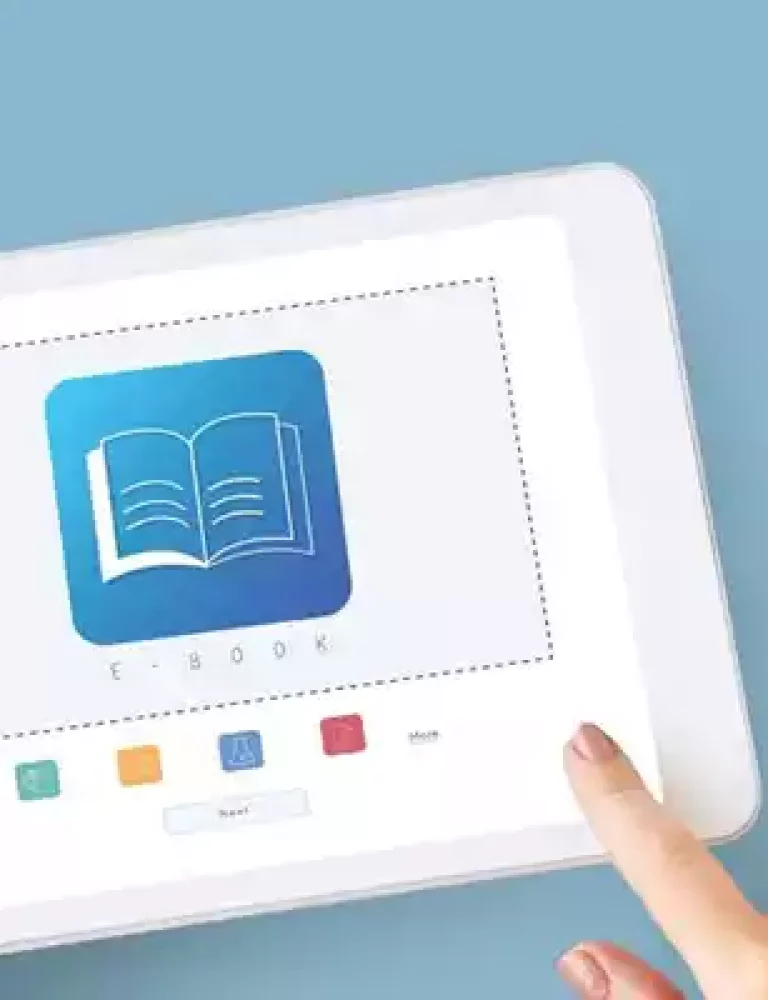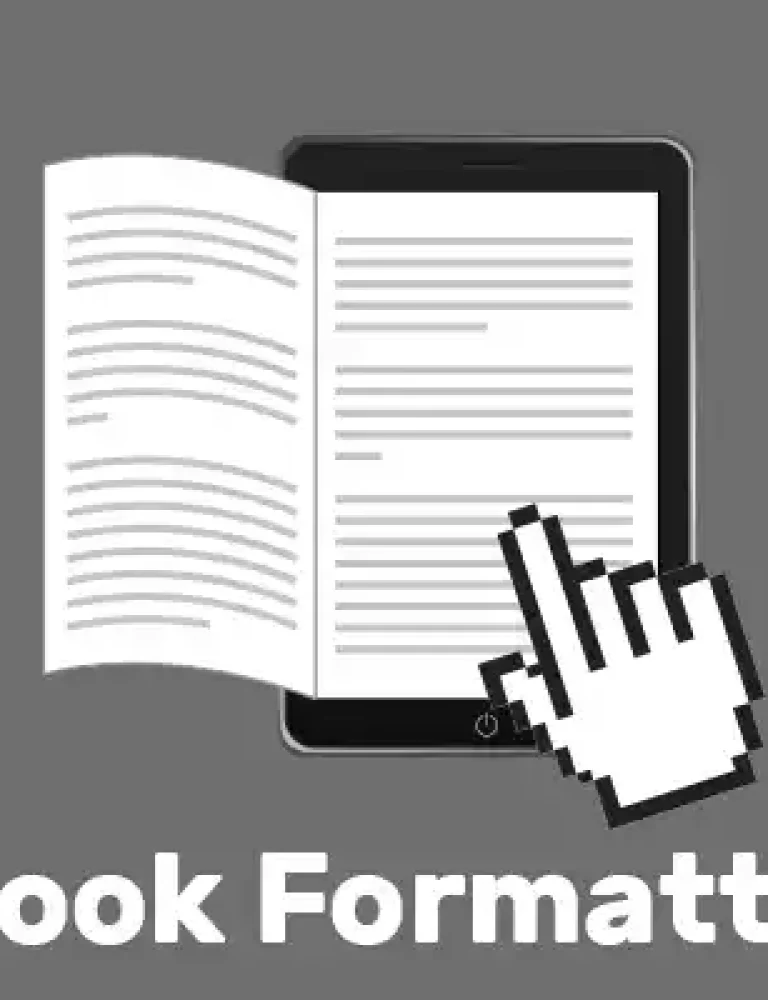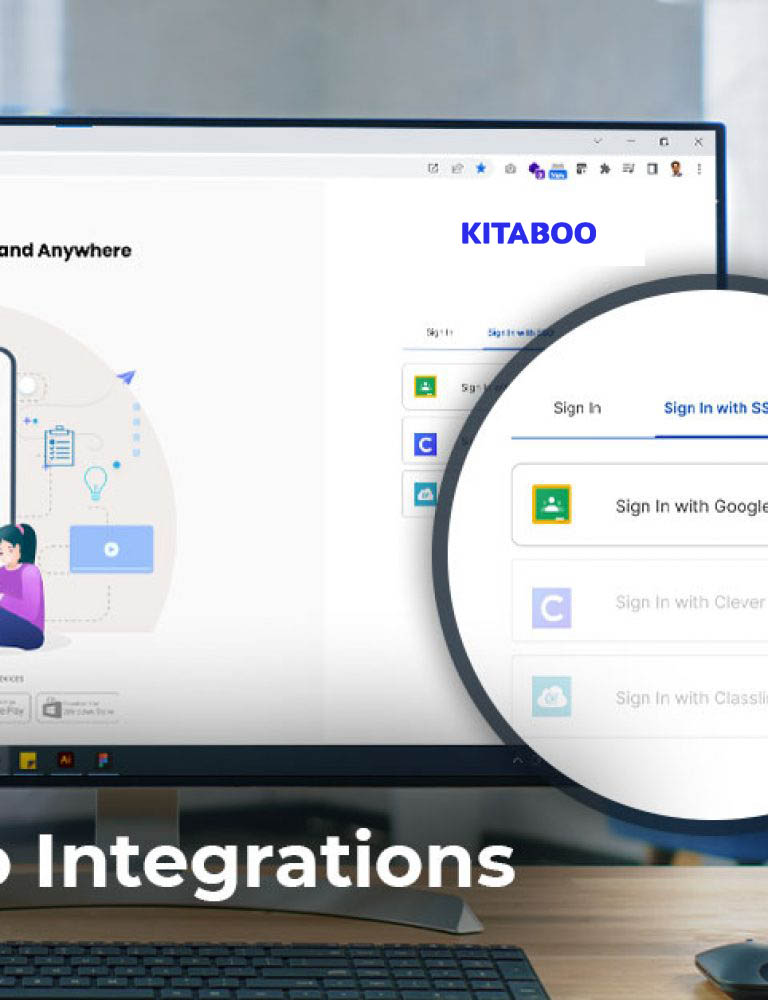In the last few months, the pedagogical landscape has undergone a significant transformation. Face-to-face classes, conducted in traditional brick and mortar establishments, have slowly been rendered ineffective. Instead, a remotely operated and highly specialized online education system has emerged with the primary aim to deliver asynchronous learning, increase remote engagement opportunities, and offer a self-paced learning environment.
So much so that the online education market, which was worth about $247 million in 2016, is now expected to breach the barrier of $1.96 billion by 2021 – thus registering a compound annual growth rate (CAGR) of 52%!
Related: Is Online Education Better than Traditional Education?
However, despite such a burgeoning scenario, a large number of schools and colleges are failing to ride the digital bandwagon, owing to a paucity in their human, infrastructural, and capital resources. This has resulted in the creation of a major gap in the way both teaching and learning domains operate across various instructional cross-sections.
Therefore, as an educational institution, the only possible way for you to bridge this gap and yet stay competitive is to – digitize your books.
What is Book Digitization?
Book digitization refers to the process of converting physical hard copies of books into soft copies in digital formats. This conversion can be done manually or through automated image scanners that capture the book’s content and transfer it to an online tool. The primary goal of book digitization is to increase its accessibility by distributing it across various digital platforms.
As a result, these digital copies can be easily formatted, searched, and utilized by a range of third-party applications. It is crucial to recognize the advantages of book digitization before beginning the process.
Suggested Read: 10 Must-Have Features of an Online Education Platform
Reasons Why Educational Institutions Must Digitize Their Books
More and more people, irrespective of their background, intent, or habits, have begun to adopt the online book reading lifestyle, especially in 2020. This is because the COVID-19 pandemic has pushed everyone inside the confines of their home, thus, coercing them to use digital educational materials. Be it mobile phones, laptops, or tablets – the digitized version of books has invaded almost every single space.
Also Read: K-12 Education in the Post-COVID Era
Nevertheless, COVID-19 is not the only reason why book digitization has received a giant and credible boost. The other reasons for you to digitize your books are:
1. Space Saving
Reading the hard copy of a book you like does indeed have its own charm. However, for educational institutions, storing all such hard copies translates to hiring more space and incurring more costs. These institutions are required to pay onsite/offsite rents for the safekeeping and storage of these books, thereby making maintenance quite an expensive affair. By digitizing, on the other hand, schools and colleges can easily save a great amount of space and also reduce their total rent output.
2. New Education Policy (NEP) Alignment
India has recently introduced its new education policy (NEP) and it’s one of the principal reasons why you must digitize your books if you are operating in the Indian subcontinent . This NEP, being formulated for the first time since 1986, is entirely based on the strength of digital media. It prescribes technology as the sole solution to improve education-related planning, learning, assessment, and training. Not only does the policy recognize the importance of online interventions, but it also proposes the setting up of virtual labs, outcome-based learning, and hybrid teaching. With such government-aided facilitation, the scope for digitized books, therefore, increases manifold.
3. Fail-Safe Arrangement
With digitization, educational institutions can accomplish two major objectives. To begin with, they can easily protect all their important books against any form of theft, loss, or permanent damage. Secondly, they can also ensure that every single book that was impaired previously is properly scanned, restored, and reverted to its former glory.
4. Quick Access
With digitization, the geographical location of the learners does not really remain a problem anymore. They can easily download and access the books of their choice, right from the comfort of their homes. Digitization allows an extremely wide reach, which enables students from anywhere in the world to continue with their education, without having to compromise with their valuable time, curricular resources, or learning abilities.
5. Easy Distribution
Even for educational institutions, book digitization brings numerous opportunities. They can share these books and their inherent content with learners online and, thus, continue with their academic operations without any hindrance whatsoever. By uploading these books onto a cloud-based platform, these institutions can also ascertain that their material is distributed in a professional, efficient, and equitable way.
6. Environment Friendly
Once you decide to digitize your books, you don’t have to indulge in the usual printing and re-printing activities anymore. As a result, you save a great amount of paper and thereby leave a green carbon footprint. Furthermore, in the current times, indulging in such environment-friendly operations can help your institution gain additional funding, greater acclaim, and higher credit!
7. Cost-Effective
Last but not the least, book digitization permits you to reduce your overall costs. No more are you required to purchase equipment, maintain records, or hire storage space. All you have to do is invest in a once-in-a-lifetime digitization process and reap its benefits for a long time to come.
Wrapping Up
Book digitization, in the current era, can go a long way in helping you protect copyrights, increase access, save space, achieve cost efficiency and thus, derive incredibly high outputs. This process, when implemented with proper file scanning, data entry, and quality control, can work wonders in ensuring that your educational institution can tackle any challenge that might arise in the modern-day. So, what are you waiting for? Take a leap forward and begin to digitize your books now!
Get in touch with KITABOO to know more about the ways and means to digitize your books while maintaining your key competencies.
To know more, please write to us at KITABOO@hurix.com
Suggested Reads:
Discover How An Ebook Conversion, Publishing & Distribution Platform Can Help You
Kitaboo is a cloud-based content platform to create-publish & securely distribute interactive mobile-ready ebooks.
You May Also Like








